Men never do evil so completely and cheerfully as when they do it from religious conviction
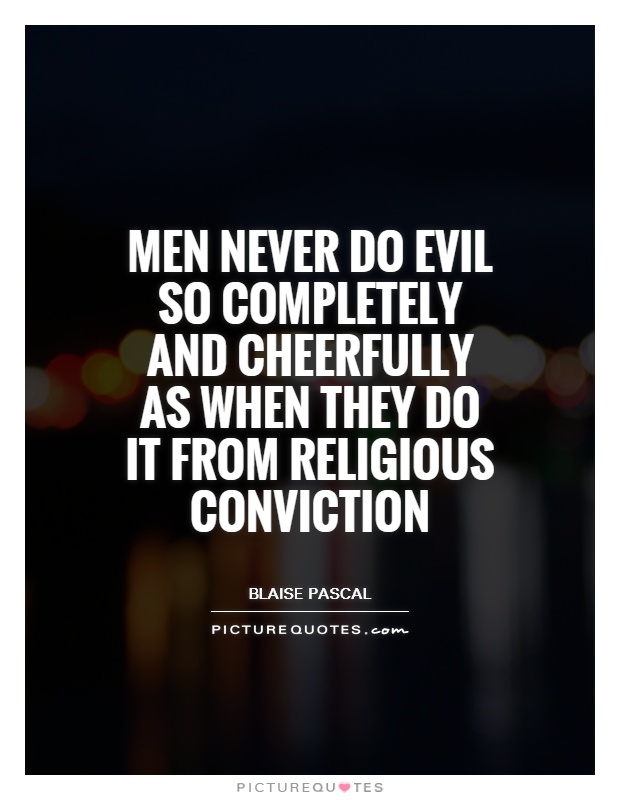
Men never do evil so completely and cheerfully as when they do it from religious conviction
Blaise Pascal, a French mathematician, physicist, and philosopher, is often quoted as saying, "Men never do evil so completely and cheerfully as when they do it from religious conviction." This statement reflects Pascal's belief in the corrupting influence of religious extremism and the dangers of blind faith.Pascal lived during a time of religious turmoil in Europe, with conflicts between Catholics and Protestants leading to violence and persecution. He witnessed firsthand the atrocities committed in the name of religion, and he was deeply troubled by the hypocrisy and cruelty of those who claimed to be acting in accordance with their faith.
Pascal's statement highlights the paradoxical nature of religious conviction. While religion is often seen as a force for good, providing moral guidance and a sense of purpose, it can also be used to justify heinous acts. When individuals believe that they are acting in accordance with divine will, they may feel justified in committing acts of violence, discrimination, or oppression. This sense of righteousness can make them more willing to carry out evil deeds, as they believe they are serving a higher purpose.
Pascal's observation is supported by numerous historical examples of religiously motivated violence, from the Crusades to the Spanish Inquisition to modern-day acts of terrorism. In each case, perpetrators believed they were acting in accordance with their religious beliefs, and their actions were often carried out with a sense of zeal and conviction.
Pascal's statement serves as a cautionary reminder of the dangers of religious extremism and the need for critical thinking and moral discernment. While faith can be a source of comfort and guidance, it can also be manipulated to justify acts of evil. It is up to individuals to question their beliefs and ensure that they are not being used to justify harm to others. Only by remaining vigilant and compassionate can we prevent the perversion of religion into a tool for oppression and violence.
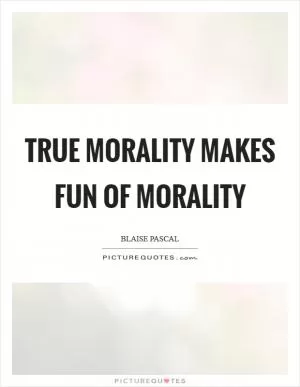

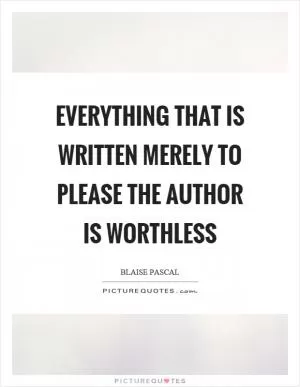
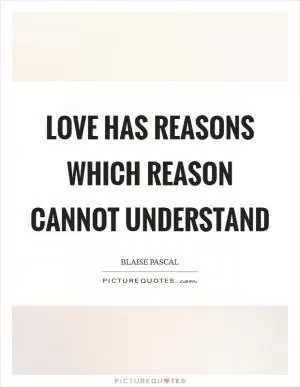
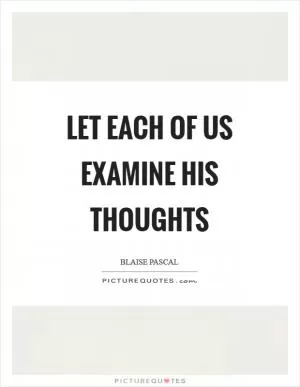
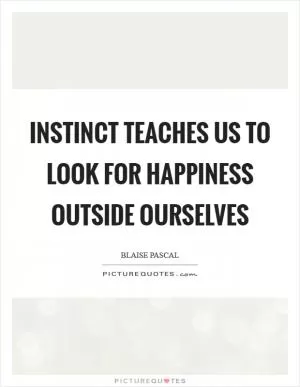
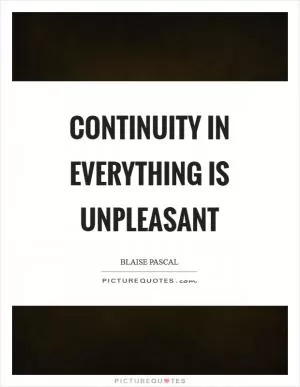
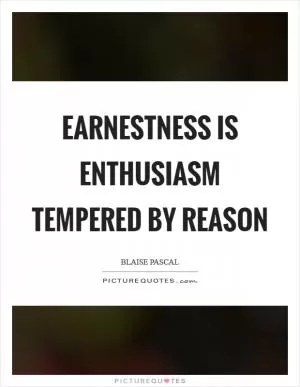
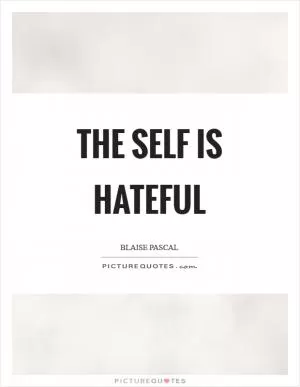

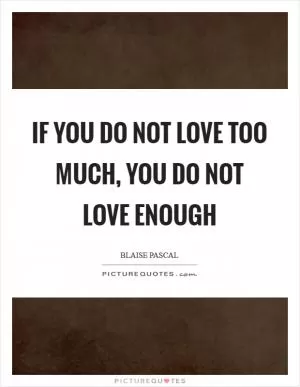

 Friendship Quotes
Friendship Quotes Love Quotes
Love Quotes Life Quotes
Life Quotes Funny Quotes
Funny Quotes Motivational Quotes
Motivational Quotes Inspirational Quotes
Inspirational Quotes